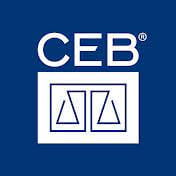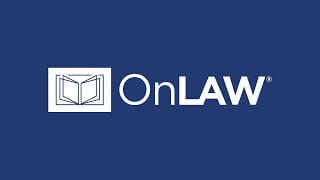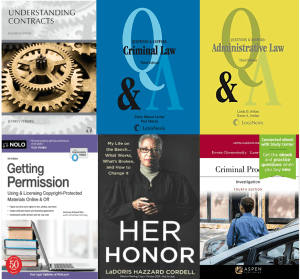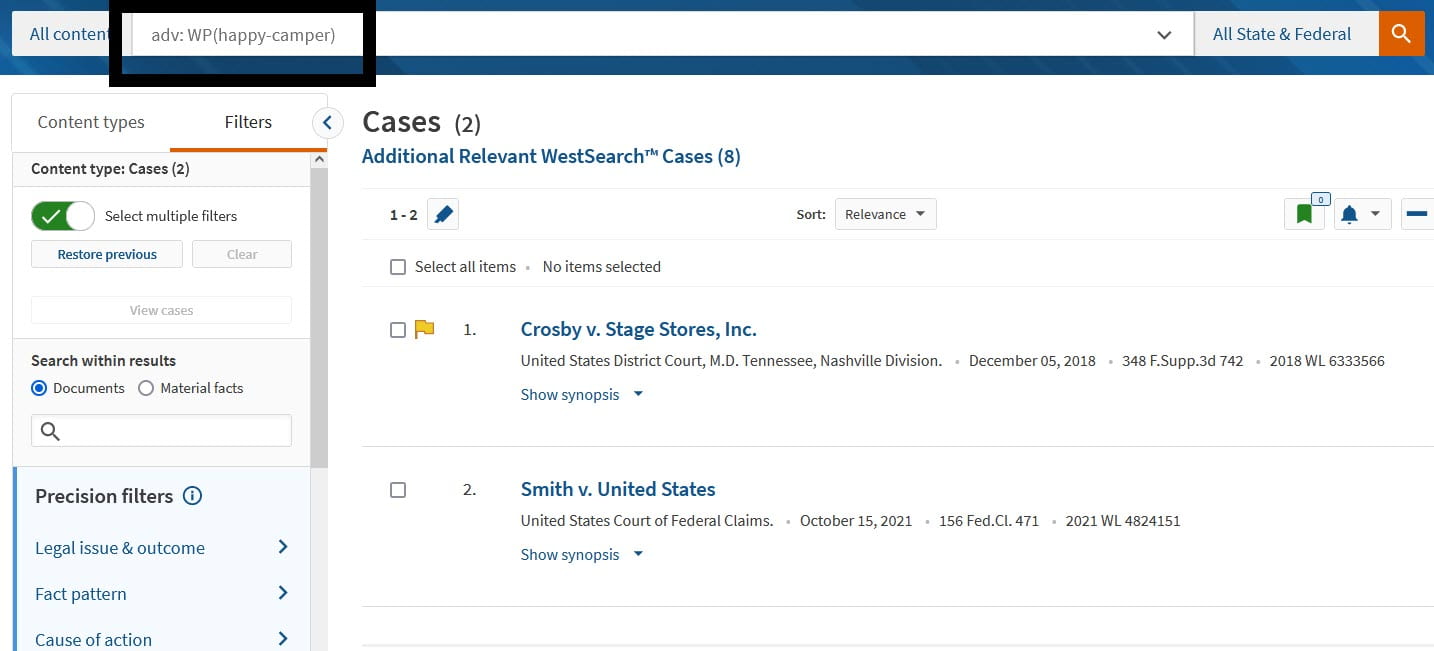In our continuing series introducing you to legal research databases that we recommend you try, this month we’re taking a look at the CEB legal research platform and highlighting some of its unique features. CEB – short for Continuing Eduation of the Bar – provides valuable research resources for California law students and attorneys.
What is CEB?
Founded in 1947 as a nonprofit program of the University of California to educate veterans returning to legal practice after serving in World War II, CEB today offers access to a range of materials, including: primary sources; practice guides; practitioner materials; daily news alerts; and continuing legal education (CLE) materials for practicing California attorneys.

How is CEB Different from Westlaw and Lexis?
Unlike Lexis and Westlaw, CEB is designed specifically to help the California legal community and therefore focuses on California law. It includes cases (California Court of Appeals and Supreme Court, Ninth Circuit Court of Appeals, and U.S. Supreme Court), statutes, and California Rules of Court. It also includes a large collection of California practice guides and other practitioner materials, as well as legal news and continuing education materials for California attorneys. These resources can also help you as a student in your clinical, internship, or externship experiences.
These are the CEB features and tools worth exploring:
- Advanced Search Filters for Case Law Searches: CEB allows you to narrow your case law search results using advanced filters. For example, you can narrow your results by specific cause of action (e.g., harassment, fraud, discrimination), procedural posture (e.g., demurrer, motion for summary judgment, motion for change of venue), and disposition (e.g., reverse, affirm, grant). These filters allow you to find cases analogous to your own, and not just those with similar search terms.
- Secondary Sources: CEB includes about 180 unique, searchable practice guides written by and for California lawyers, covering California law on 20 broad topics. Each practice guide also includes these helpful finding aids: table of contents, table of statutes, table of cases, and an index.
- Practitioner Materials: CEB provides helpful practitioner materials including workflow charts, how-to guides, strategy notes, charts and checklists, and standard documents with referenced authorities. They cover the following six legal topics (each divided into subtopics): Business Entities, Business Litigation, Employment Law, Litigation Practice & Procedure, Real Property, and Trusts & Estates.
- Daily News: CEB provides California legal news updates in 31 practice areas to help you stay up-to-date with daily law alerts and articles on the latest developments in your research or practice area.
How can I access CEB as a Student?
CEB is accessible to current USF law students and faculty in two ways:

- Via its classic interface CEB OnLaw, which does not require registration (from off campus or on campus); or

- Via registration for its updated interface, CEB Pro. Please contact one of your Zief librarians for CEB Pro registration information. If you have already registered, visit research.ceb.com to sign in. Students who sign up for CEB Pro before they graduate will continue to have free access for 18 months after they graduate. For more information about how you can incorporate CEB’s resources into your research, stop by Zief and chat with your research librarians.






